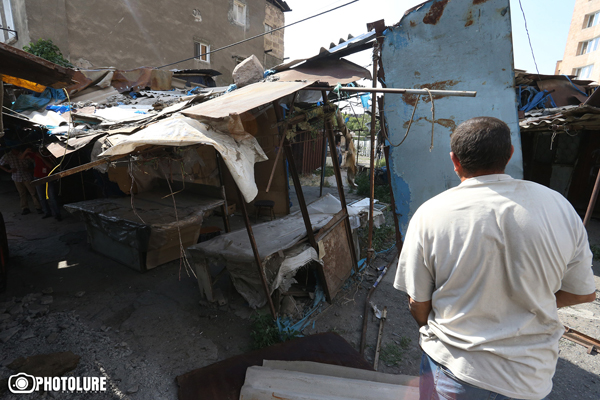If you destroy something, you should know what you will replace it with. This refers to both big and small businesses. The Soviet system was ineffective, fraudulent, had fallen into a deep pit, had faced a dead end. But when a decision was made to “rebuild” it, there was no idea what would replace it. The concept of “rebuilding” in the Soviet elite had originated in Andropov’s time. But Stalin’s structure, which Andropov ruled for a long time, has its own “rules of the game”, its templates that did not allow the creation of fresh ideas, the formation of really new approaches. And at the moment when his protégé in 1985 attempted to start the “reconstruction” after Andropov’s death, such programs did not exist anymore. That is, the problem is not that Gorbachev was an American spy (let’s leave folklore to Facebook), but rather that he did not have a clear idea of what would be born as a result of “reconstruction”. As a result, we got the ruins on which Putin is trying to create something new, but since he is also the representative of the same Stalin structure, he also approaches the question with the same patterns.
What should have been done in 1985, I do not know. I can tell what shouldn’t have been done: there was no need to hurry, but to have a detailed plan for the country’s further development, and only carefully and gradually change it, what had to be changed first, then second, then third, etc. I understand that many people may not like my conservative approach, but any drastic step hurts people. I think it’s obvious.
The same is true in much smaller cases. The Firdus market was, of course, not an architectural monument or a cultural value. It was an ugly, narrow, dirty “corridor” that has no right to exist in the capital, especially at its centre. Traders were warned beforehand that the Firdus would be dismantled, which was inevitable. But they were offered to go to other fairs, where rents are higher than in Firdus. I think that before making a dismantling step, they needed to create “social shock absorbers”, for example, to compensate traders for a two-month income (which is not a big deal), so that people can adapt to new conditions.
But most importantly, before the demolition it was necessary to decide what to build in place, to find a suitable investor, builder, and inform the townspeople about it. Otherwise, the ruins of Firdus will remain for weeks, perhaps months. Just as the ruins of the Soviet Union remain. First of all, in our minds.
Aram ABRAHAMYAN




















































